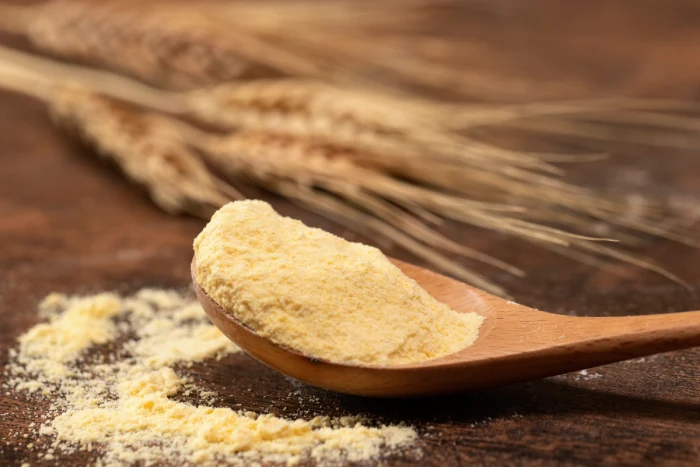Study Reveals Caffeine’s Impact on Bench Press and Squat Performance
A recent study has examined the effects of caffeine and sodium bicarbonate on muscular endurance during strength training exercises. The research, conducted with 27 recreationally trained participants, aimed to evaluate how these supplements, both individually and in combination, influence performance in bench press and back squat exercises.
The study employed a double-blind, crossover design with four conditions: combined sodium bicarbonate and caffeine, sodium bicarbonate alone, caffeine alone, and a placebo. Participants ingested either 0.3 g/kg of sodium bicarbonate, 3 mg/kg of caffeine, or a maltodextrin placebo. They then performed muscle endurance tests on bench press and back squat exercises at 65% and 85% of their one-repetition maximum (1RM), aiming to complete as many repetitions as possible in one set until failure.
The results showed that caffeine significantly increased the number of repetitions, mean velocity, and mean power output compared to the placebo. These improvements were particularly noticeable in the back-squat exercise. At 65% 1RM, caffeine improved mean velocity by 3.7% and mean power output by 5.2%. At 85% 1RM, the improvements were 5.4% for mean velocity and 5.5% for mean power output.
Interestingly, the study found no ergogenic effects when sodium bicarbonate was ingested, either alone or in combination with caffeine. This suggests that while caffeine can enhance muscular endurance performance in both male and female participants, the addition of sodium bicarbonate does not provide further benefits and may even negate caffeine’s positive effects.
Commentary by YourDailyFit columnist Alice Winters:

This study provides intriguing insights into the world of performance-enhancing supplements, particularly focusing on the effects of caffeine and sodium bicarbonate on muscular endurance. As a seasoned commentator in the field of supplements and health products, I find several aspects of this research particularly noteworthy.
First and foremost, the study reaffirms caffeine’s position as a potent ergogenic aid in strength training. The observed improvements in repetitions, mean velocity, and power output underscore caffeine’s ability to delay fatigue and enhance performance. This is consistent with a wealth of previous research on caffeine’s ergogenic effects, but the specific focus on muscular endurance in resistance training adds valuable nuance to our understanding.
However, what’s truly fascinating is the lack of ergogenic effect when sodium bicarbonate was introduced, either alone or in combination with caffeine. This finding challenges the common assumption that combining multiple ergogenic aids will lead to additive or synergistic effects. In fact, it suggests that in some cases, combining supplements may actually negate potential benefits.
From a practical standpoint, this study offers valuable guidance for athletes and fitness enthusiasts. The dosage of 3 mg/kg of caffeine (roughly equivalent to 1-2 cups of coffee for an average adult) appears to be effective for enhancing muscular endurance, particularly in lower body exercises like squats. This information can be useful for individuals looking to optimize their pre-workout supplementation strategy.
However, it’s crucial to note the study’s limitations. The sample size of 27 participants, while respectable, is still relatively small. Additionally, the study focused on recreationally trained individuals, so the results may not necessarily translate to elite athletes or untrained individuals.
Furthermore, the study doesn’t address long-term effects or potential side effects of regular caffeine supplementation. As with any supplement, individual responses can vary, and factors such as caffeine tolerance, timing of ingestion, and overall diet should be considered.
In conclusion, this study adds to the growing body of evidence supporting caffeine’s role in enhancing athletic performance, particularly in the realm of muscular endurance. However, it also serves as a reminder of the complexities involved in supplement interactions. As always, individuals should approach supplementation with caution, ideally under the guidance of a healthcare professional or certified nutritionist.
For consumers, this research underscores the importance of focusing on well-researched, proven supplements like caffeine, rather than always assuming that more is better. It’s a valuable reminder that in the world of sports nutrition, sometimes less is more, and the key lies in strategic, evidence-based supplementation rather than a “kitchen sink” approach.




